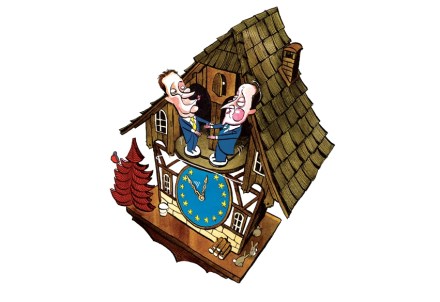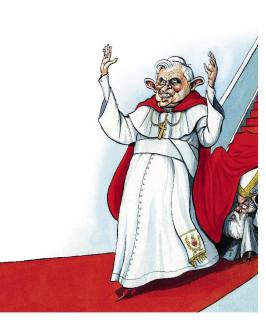Hour of surrender
The proposal to change Britain’s clocks has returned, this time with tacit government support. It makes no sense — except perhaps in Brussels Since the day I flew backwards across the International Date Line I have known that you should not mess around with time. On that occasion I left Siberia on Monday morning and



